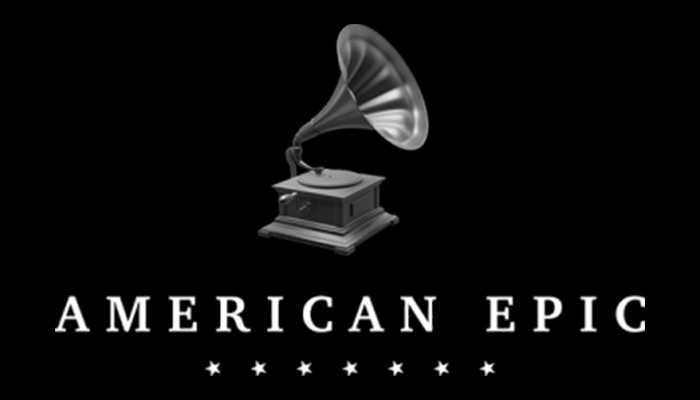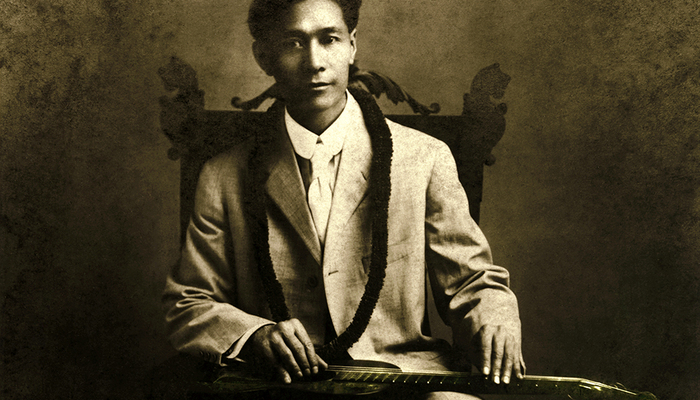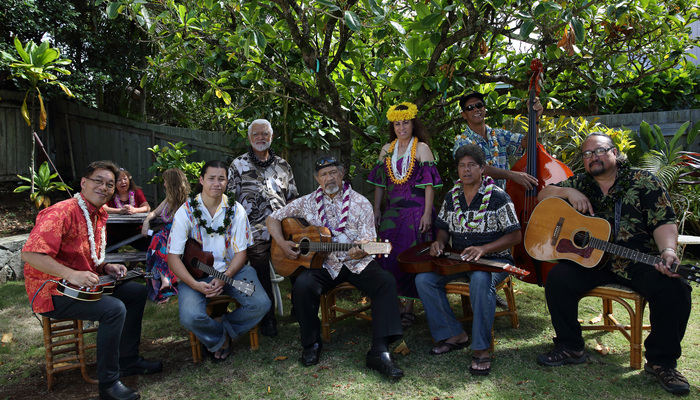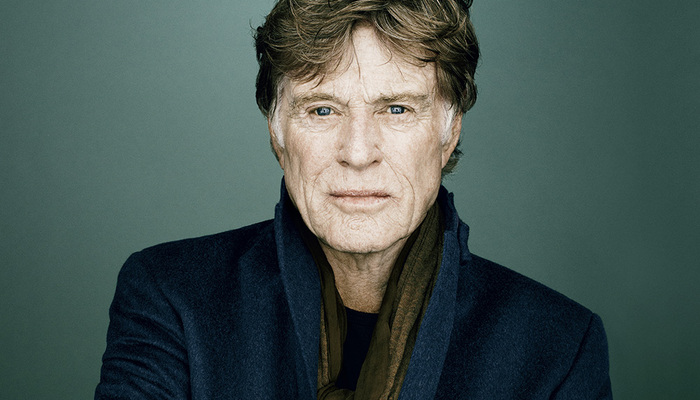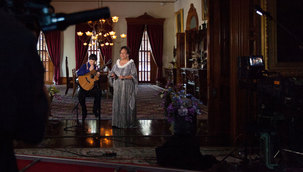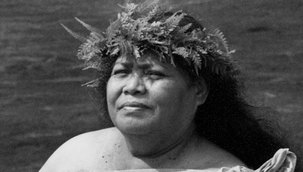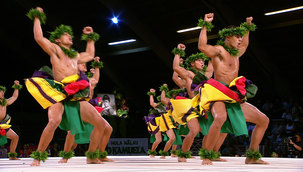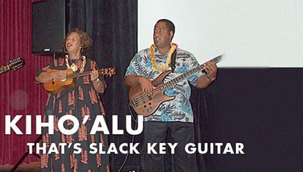
American Epic
Go inside one of the greatest-ever untold stories: how America's diverse cultures contributed to its musical styles, from chanters of the Hopi tribe in Arizona, the invention of the steel guitar in Hawai‘i, blues guitarists in the Mississippi Delta and much more.
- Category
- Series
- Subject Matter
- History, Biography, Arts & Music
- Region
- Polynesia
- Length
- 90 Minutes
- Year
- 2017
- Website
- https://www.americanepic.com/
In the 1920s, as radio took over the pop music business, record companies were forced to leave their studios in major cities in search of new styles and markets. Ranging the mountains, prairies, rural villages, and urban ghettos of America, they discovered a wealth of unexpected talent. The recordings they made of all the ethnic groups of America democratized the nation and gave a voice to everyone. Country singers in the Appalachians, Blues guitarists in the Mississippi Delta, Gospel preachers across the south, Cajun fiddlers in Louisiana, Tejano groups from the Texas-Mexico border, Native American drummers in Arizona, and Hawaiian musicians were all recorded. For the first time, a woman picking cotton in Mississippi, a coalminer in Virginia or a tobacco farmer in Tennessee could have their thoughts and feelings heard on records played in living rooms across the country. It was the first time America heard itself.
Virtually no documentation of these extraordinary events survives and nearly ninety percent of the recording masters have been destroyed. A vital part of American cultural history has been lost.
Over three episodes, narrated by Robert Redford, AMERICAN EPIC rescues this history. The remarkable lives of these seminal musicians are revealed through previously unseen film footage and photographs, and exclusive interviews with music pioneers, their families and eyewitnesses to the era.
AMERICAN EPIC represents a ten-year odyssey undertaken by director Bernard MacMahonand producers Allison McGourty and Duke Erikson, and audio engineer Nicholas Bergh that involved tracking down countless long forgotten musicians, restoring the music that they recorded and reassembling the technology that created it. Along the way they brought some of the most important figures in contemporary culture to help them on their quest. Executive Producers Jack White, T Bone Burnett and Robert Redford have lent their support to what Redford calls “America’s greatest untold story”.
Episode 103: "Out of the Many, the One"
Exotic cultures spanning America are captured on record for the first time — inventing new instruments and new cultural identities as disparate voices harmonize in a musical melting pot. The myriad threads of America’s musical tapestry include Hopi priests traveling to Washington to defend their sacred snake dance; an 11-year-old Hawaiian boy who invents the steel guitar; a teenage Tejana shaking the border with a ferocious feminist tango learned from a gum wrapper; the fightingest frères on the bayou turning a lament for a pretty blonde into the Cajun national anthem; and a gentle Delta farmer who sings a nostalgic song of his hometown and inspires the greatest rediscovery of the ’60s folk revival.
Musicians featured: the Hopi Indian Chanters, Joseph Kekuku, Lydia Mendoza, the Breaux Frères, Mississippi John Hurt, Taj Mahal, Cyril Pahinui, and Louis Michot. Narrated by Robert Redford.
What people are saying about
American Epic
Wonderfully erratic, eccentric … in some Zen-like fashion, capturing the crazy-quilt character of American sound. - Wall Street Journal
Music may not save the world, but it unites us anyway. It can still knock holes in our prejudices, making way for open hearts and willing spirits. I don’t mind telling you I got a little emotional watching this series, and you might too. - Los Angeles Times
I can’t recommend this series highly enough. It’s constantly entertaining and inspiring, often moving… and full of surprises for even the most knowledgeable music buffs… One of my own favorite sections is Part 3’s look at the origins of Hawaiian steel guitar, invented by 11-year-old Joseph Kekuku in the 1880s… - Acoustic Guitar Magazine

